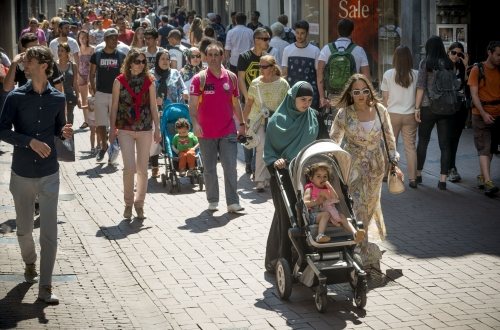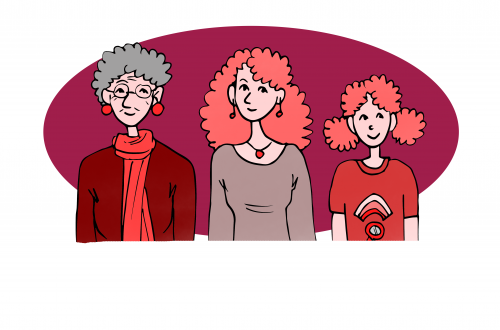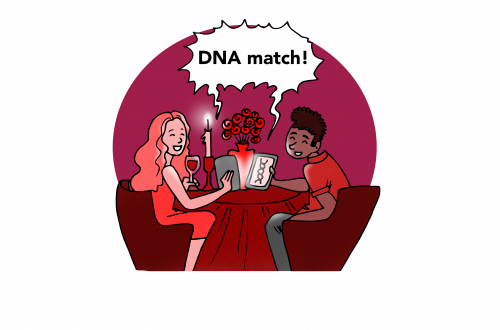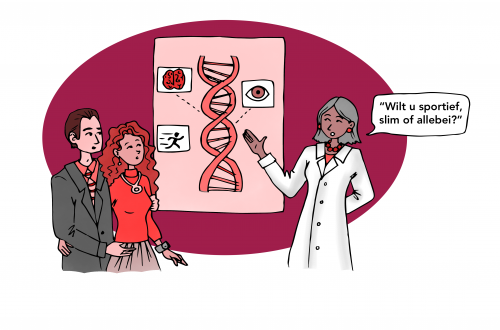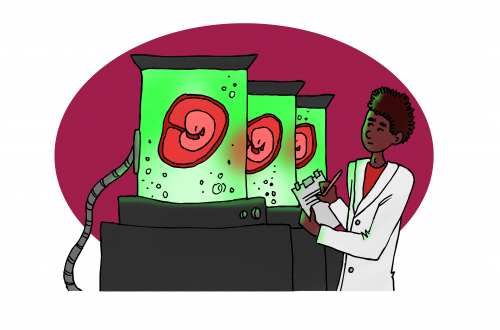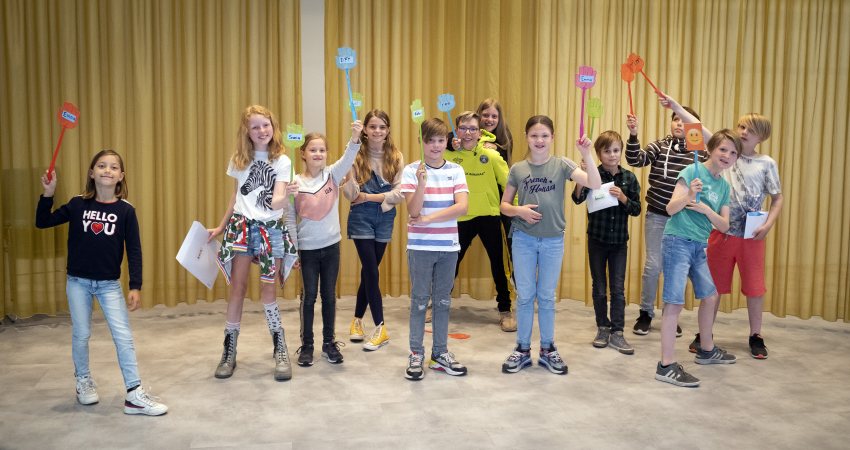
How to conduct a broad societal debate about the acceptability of human germline genome editing (HGGE)? In an article, published in the acclaimed The CRISPR Journal, researchers of the Rathenau Institute shed light on the project ‘the DNA-dialogue’. This broad societal debate about human germline genome editing, conducted by a multidisciplinary consortium of eleven organisations in the Netherlands, addressed a wide and diverse audience. In the article the authors reflect on the project and analyse its outcomes.
In short:
- The project ‘the DNA-dialogue’ took place from March 2019 to January 2021.
- The project entailed 27 moderated dialogues during which participants of the dialogues discussed their hopes, questions, wishes and concerns on the subject of HGGE in a nuanced manner.
- Analysis of the dialogues demonstrates that the majority of the participants had no fundamental and absolute objections against HGGE if employed in certain situations and under strict conditions.
The need for a public debate
With the arrival of CRISPR-Cas as a gene editing technique and the rapid advancement of research in the field of gene editing, the question whether this technique should be employed in clinical practice has become increasingly urgent.
In order to assess the public opinion on this issue, a multidisciplinary consortium of eleven organisations in the Netherlands joined forces to organise a broad societal dialogue to gauge the views of Dutch society towards the clinical application of HGGE. The Rathenau Institute was part of this consortium, which also included patient’s representative groups, academic departments in clinical genetics and reproductive medicine, professional associations, the National Institute for Public Health and the Environment, a science communication organisation and the Dutch National Information Center on Heredity. The aim of the project was to reach and include a wide and diverse audience, inform them about the opportunities and uncertainties (for instance on efficacy or safety) of HGGE and the societal and ethical issues that surround it. Furthermore, the project intended to invite people to discuss their hopes, questions, wishes and concerns on the clinical application of HGGE.
Instruments and formats
In the article, the researchers present the design and methods of ‘the DNA-dialogue’. These include the various communication and research activities that were conducted in preparation of the dialogues. The consortium developed an ‘impact plan’, in order to reach a great variety of audiences. Furthermore, they documentated terminology that should and should not be used, ensuring the consistent use of language intelligible to a broad public. Moreover, a study was conducted to identify relevant social and ethical issues surrounding HGGE and present lessons on the design and contents of the societal dialogue. In addition, techno-moral scenarios were developed that were used during the dialogues to stimulate reflection and discussions.
Results
The project has resulted in a rich diversity of perspectives and considerations of Dutch citizens. They were gathered and analysed in order to inform political decision-makers and stimulate further societal reflection on HGGE. In the article, the researchers present an in-depth discussion of the results.
Overall, participants of the dialogues were capable of assessing and discussing the subject of HGGE in a nuanced way. In general, participants had no fundamental and absolute objections towards HGGE technology. However, they only considered HGGE to be acceptable when it is used to prevent serious, heritable diseases and under strict conditions, without affecting important (societal) values. There was a small group of participants who found HGGE fundamentally unacceptable because it would cross natural, socio-ethical or religious boundaries.
Recent questionnaire studies investigating the public opinions corroborate the findings of this analysis. The article concludes with the notion that the insights of the DNA-dialogue can be used to stimulate and enrich the international discussion on HGGE.

